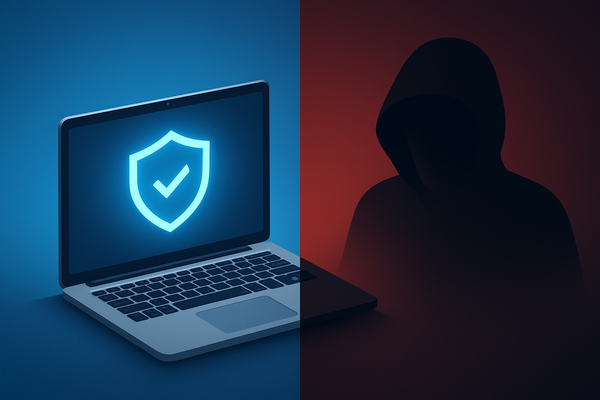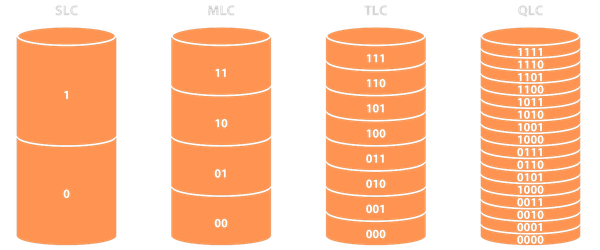What is OPSEC?

What is wrong with you people?
Why are you asking on clearweb platforms for obviously illegal stuff? And when you check their Discord account, you’d expect a 5-day-old throwaway… right? But no, it’s an old account, everything linked, sometimes even with their real name. You’re putting yourself at risk!
The internet is full of data hoarders. Every word you write or speak is stored somewhere—best case for AI training or targeted ads.
But that’s not the real problem. The issue is that you’re leaving a digital footprint that can be traced back to you. It doesn’t matter if your intentions are “just curiosity” or “for educational purposes”—to an investigator, it looks the same. They will pull up even legal or small things.


People seem to forget:
There’s no such thing as “anonymity” on the clearweb. Logging, tracking, fingerprinting—all of it happens by default. Even if you use a VPN or Tor, as soon as you link accounts or interact with your main identity, you burn your entire OPSEC.
And let’s not even start with cross-platform tracking. Link your GitHub, Discord, LinkedIn, and suddenly, you’re an open book. All it takes is a single slip, one careless message, and everything you’ve built is compromised.
If you want to learn, there are safe and legal ways to do so:
- Use dedicated platforms like TryHackMe, Hack The Box, or local labs.
- Separate your “hacker” identity from your real life—new email, new accounts, no reuse of usernames or photos.
- Never, ever ask for illegal advice or tools on public forums, especially not under your real name.
If you think “nobody cares” or “I’m just a small fish”—remember, the net is wide, but once you’re caught, it’s too late to start thinking about operational security, people will just pull up everything, even small things.
Operational Security (OPSEC) is about protecting sensitive information from being used against you. Most people think it’s just about using a VPN or Tor, but in reality, it’s a mindset. OPSEC starts before you even touch a keyboard.
One of the most common mistakes: reusing usernames, email addresses, or photos across multiple platforms. If someone connects the dots, your entire pseudonymity is gone.
Another key point is metadata—pictures, documents, even simple PDFs can leak GPS coordinates, timestamps, and device information. Always strip metadata before sharing files, especially in public or semi-public channels.
Also, never underestimate social engineering. Sometimes, the weakest link isn’t your technical setup, but what you reveal in casual conversation. Even harmless details can be pieced together to identify you.
And most importantly:
Never mix your real-life identity with your "hacking" persona. That means separate devices, accounts, and communication channels. As soon as there’s overlap, your OPSEC is compromised.






